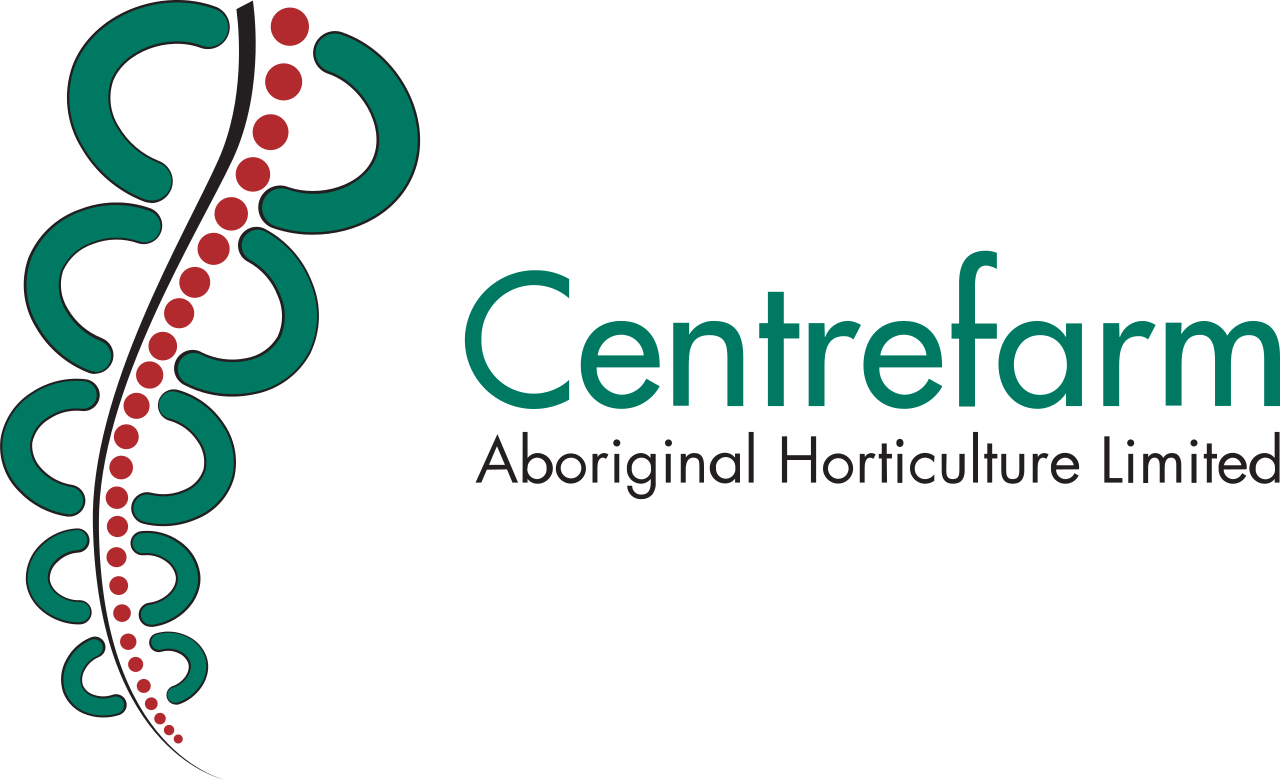Projects
Co-mapping on Country
Co-mapping on Country, led by Kim Mahood, involves creating large multi-purpose canvas maps with Traditional Owners to facilitate communication, discussion and decision making. The project, funded by Cooperative Research Centre for Developing Northern Australia (CRCNA), is based on the concept that maps act as excellent ‘boundary objects’ for helping negotiate the spaces between different cultures and knowledges. Maps are an effective engagement tool with land at the centre and are tangible items, with significance for both Aboriginal and non-Indigenous people, that facilitate dialogue and planning in complex environments.
Those involved in the co-mapping process develop a ‘living’ map that privileges stories, sites, flora/fauna and language that they see as useful to: make decisions about economic/social developments; educate young people; and educate non-Indigenous people. Once digitised, maps will be made interactive on 3D tiles, overlaid with additional scientific information, and held by the community to use for education and development purposes.
Co-mapping forms the foundation of ALEDA’s six commercial pilot projects, extending this methodology for the first time to use in Indigenous-led commercial development planning. Ideally, the map is the beginning of the integrated reporting component of the knowledge management system, the first activity of a broader two-way governance curriculum – customary and corporate governance.
